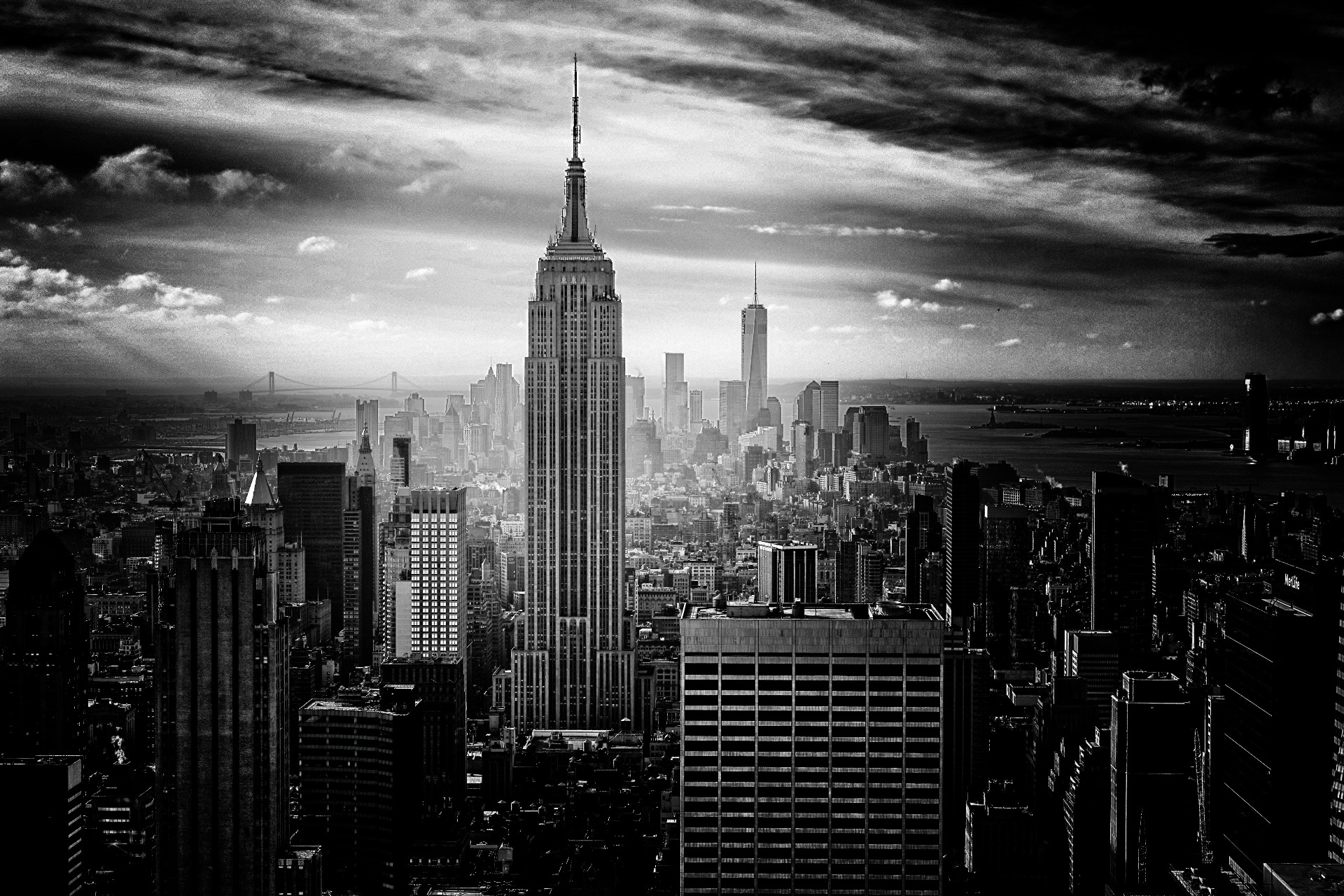Economy of United Arab Emirates
Why are the money tycoons queuing up
in Abu Dhabi?
From the founder of Binance to Russian tycoons, Abu Dhabi is attracted by its protection from international financial controls and double taxation agreements.
For decades, many of the world's wealthiest people have chosen to protect their assets in overseas locations, from the Cayman Islands to Switzerland to the British Virgin Islands. But a new hub of wealth is becoming hugely popular with billionaires - the skyscraper-studded emirate of Abu Dhabi.
Crypto-rich man Changpeng Zhao (Binance), India's Adani family, hedge fund billionaire Ray Dalio and Russian steel tycoon Vladimir Lishin are among dozens of billionaires who have set up special purpose vehicles (SPVs) in the international financial center of Abu Dhabi this year, according to a review of hundreds of corporate disclosures in the United Arab Emirates by Bloomberg News.
More than 5,000 companies - special purpose vehicles (SPVs) now exist on the Abu Dhabi Global Markets (ADGM) compared to just 46 in 2016, according to data compiled by M/HQ, a wealth advisory firm. It is not publicly known where individual billionaires moved their assets from, why they did so, or what each contains. However, the influx of wealth reflects broad global changes in how the world's wealthy protect their money.
It is noted that SPVs, popularized by junk bond king M. Milken in the late 1980s, are separate legal entities that have become the go-to structures for high net worth individuals seeking to isolate their financial risks. . They are essentially wealth management holding companies that can hold assets such as real estate and stocks.
Financial flows to the UAE mark a new role for the $509 billion economy as the ruling Al Nahyan family seeks to diversify away from oil. Abu Dhabi's gains also come at a time when some low-tax jurisdictions, such as the British Virgin Islands and the Cayman Islands, have faced greater scrutiny from tax authorities in several countries.
Global influx of billionaires
The Middle East business hub is attractive because of the safeguards it provides to exclude assets from foreign jurisdictions and the ability to benefit from the UAE's network of double taxation treaties.
The UAE's double tax treaty can help wealthy individuals minimize their tax bill for companies hidden inside the SPV, depending on whether the additional countries in which they operate have entered into an agreement with the Gulf state.
Abu Dhabi and nearby Dubai have become thriving global cities. Those who make large investments here are entitled to long-term residency and in some cases even UAE passports. Then there are Abu Dhabi's sovereign wealth funds, which control more than $1 trillion in assets, and influential private equity firms.
The international economic free zone, launched in 2015, has also gained traction in recent years because the UAE has avoided imposing sanctions on countries such as Russia, while the US, UK and EU have increased their own restrictions.


